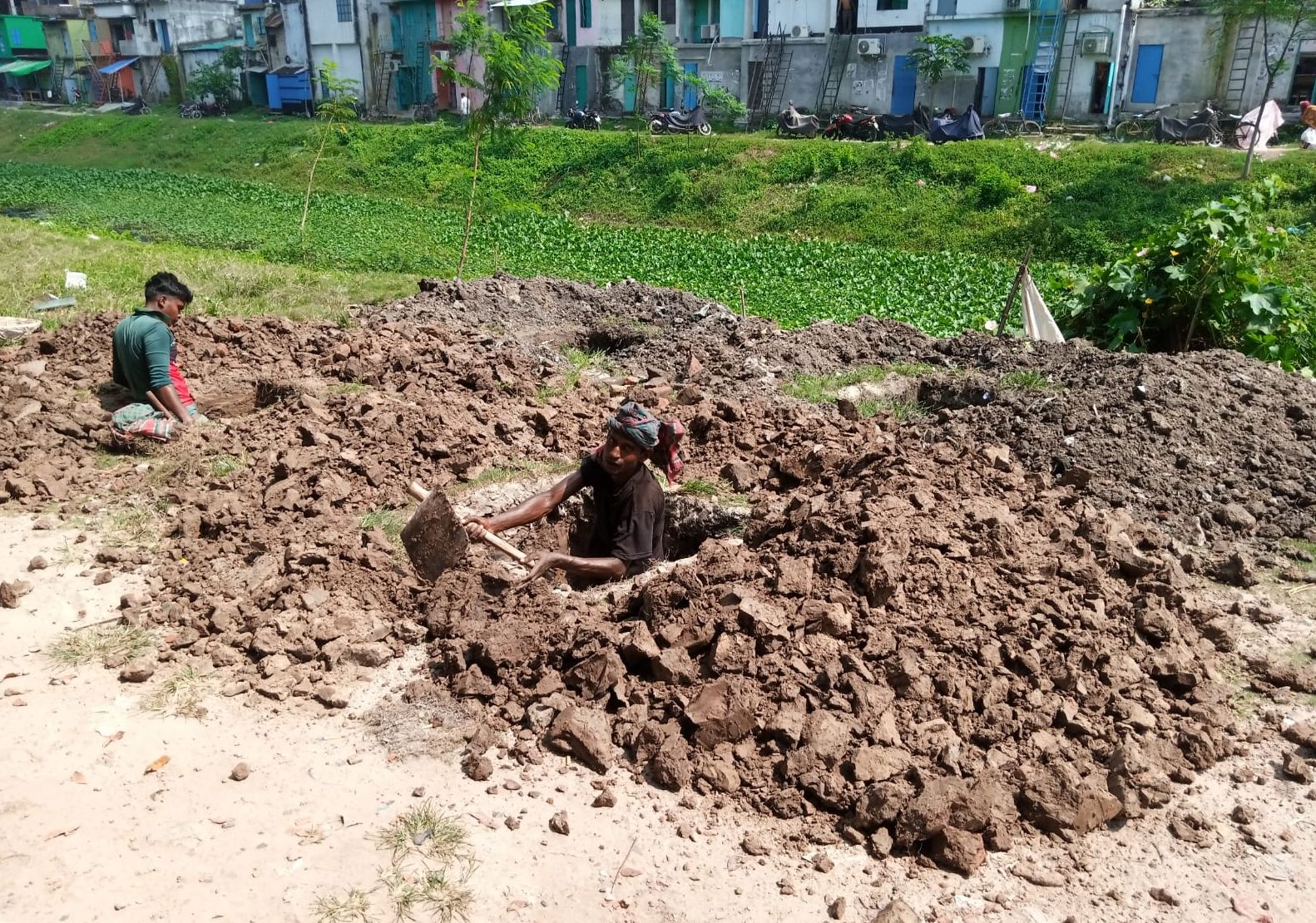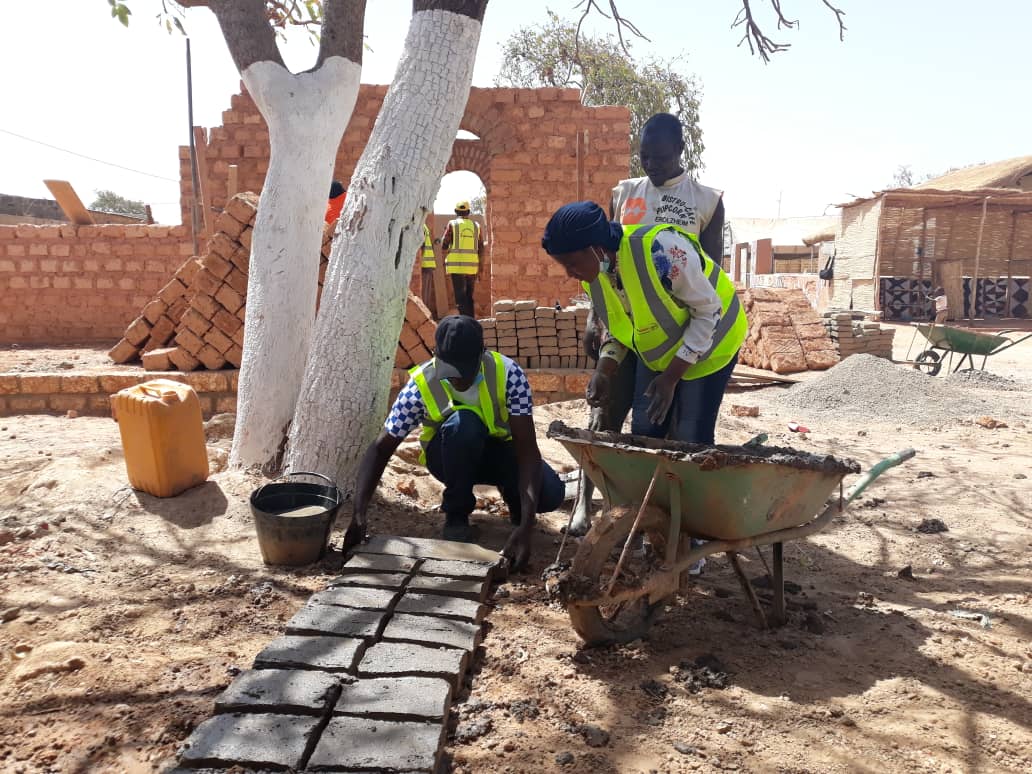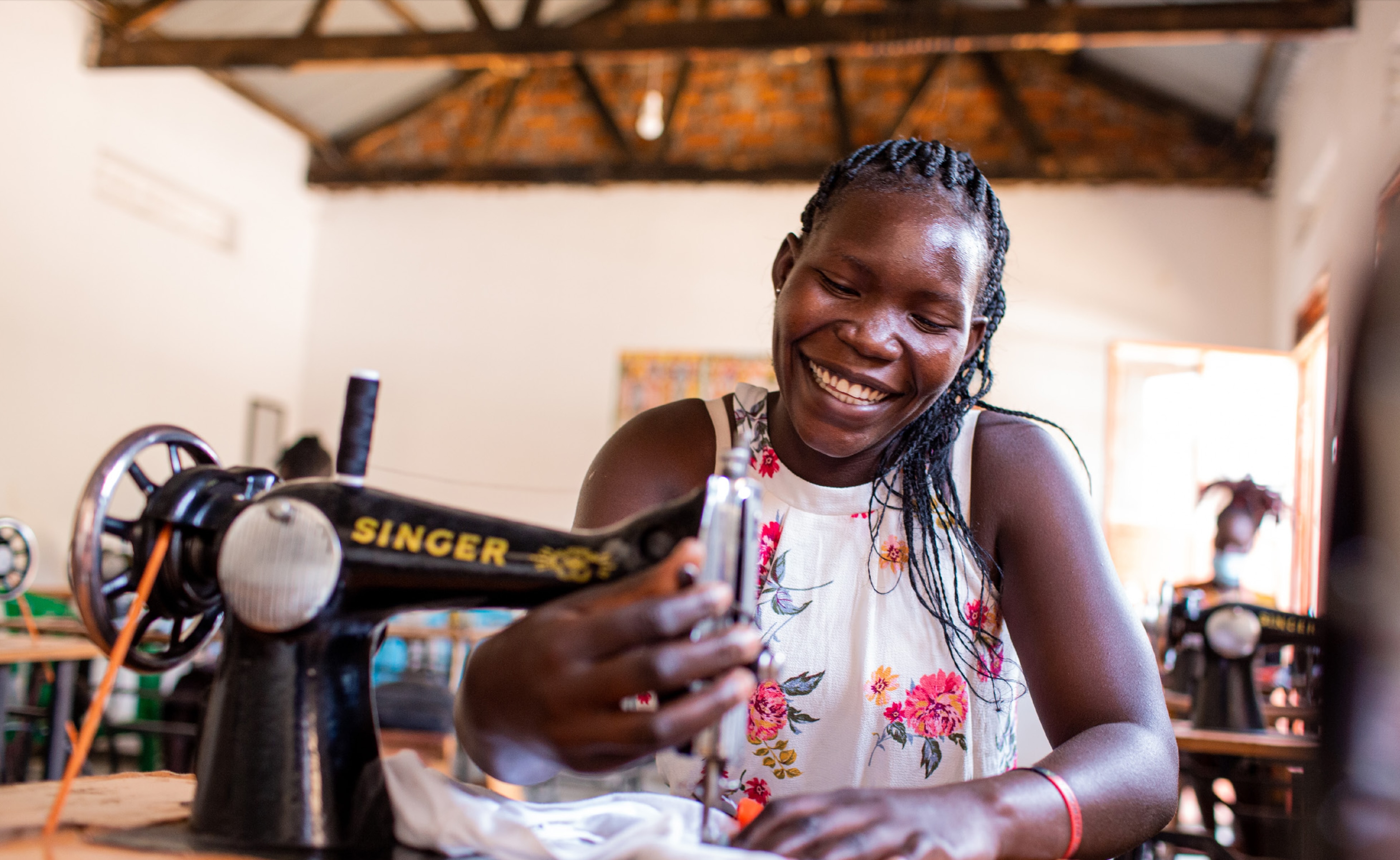Facing the effects of a vastly destructive civil war and the rampant Ebola virus, many of Liberia's urban communities have been left vulnerable and without adequate planning and resource infrastructure. Changes in government have caused a redistribution of tasks from national to subnational level, increasing the pressure on local governments to achieve efficient urban management.
Global donors such as Comic Relief and the European Union have collaborated with knowledge institutions to create capacity building programmes unique to the Liberian context.
This collaboration between global and national donors and the local government in Greater Monrovia has been instrumental in implementing crucial tools and training to help capacity building.
The educative strategy of the programme follows a collaborative approach. By focusing on building local providers' capacity from the beginning and linking to ongoing community activities, participants gain contextual knowledge. Combining international practices and cases and creating an environment of learning also provides participants with the skills to improve Liberia's urban management.
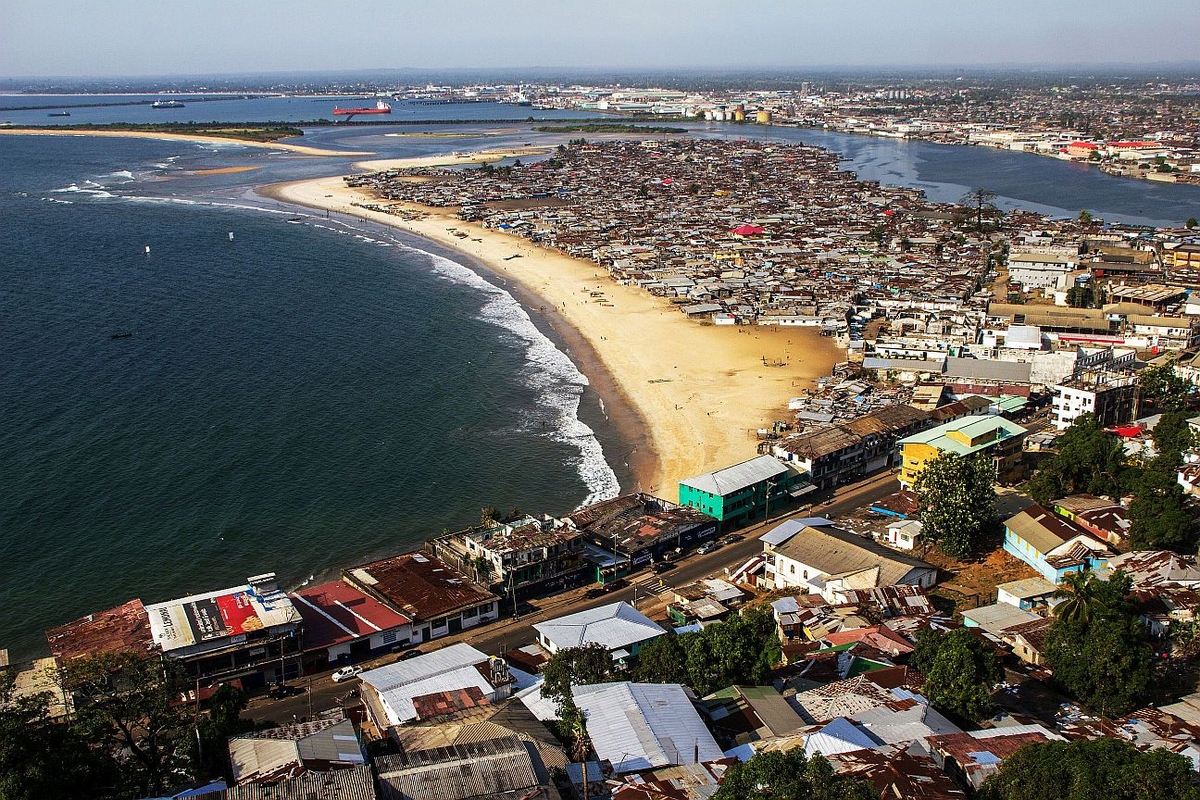
Tailoring a programme to Liberia
Cities Alliance worked with IHS to design and implement a tailor-made Capacity Building Programme. The goal was to increase city officials and their partners' capacity to manage and plan city functions such as solid waste management (SWM) and water provision in an environmentally sustainable, cost-effective manner.
The Capacity Building Programme, originally designed as a face-to-face experience, faced some initial delays due to the COVID-19 pandemic. Observing the precautionary measures, IHS adapted its learning methods and techniques into a successful hybrid training format involving video recordings, zoom sessions, group discussions and excursions.
Although IHS staff were unable to visit Liberia, they were available online during the training. Participants could congregate to complete exercises and presentations with the support of local facilitators from Cities Alliance and the Liberian Institute for Public Administration.
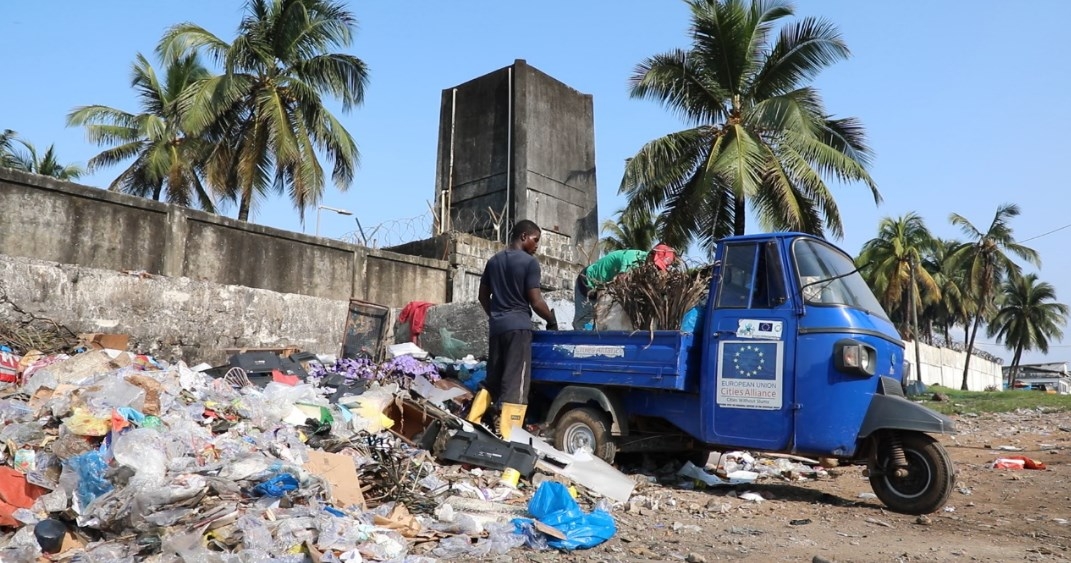
A successful hybrid training on SWM
IHS held the first hybrid training on SWM in November and December 2020, sponsored by the European Union. Participants presented numerous organizations across the country, including the Ministry of Internal Affairs, Monrovia City Corporation, the National Association of Primary Waste Community Based Enterprises, and the University of Liberia.
Within the course, participants explored the infrastructural, economic, environmental, and social aspects of solid waste and presented an integrated plan of action to their colleagues and donors. The findings of the SWM training were examined with the hope of implementing sections of the plan in future capacity building programmes.
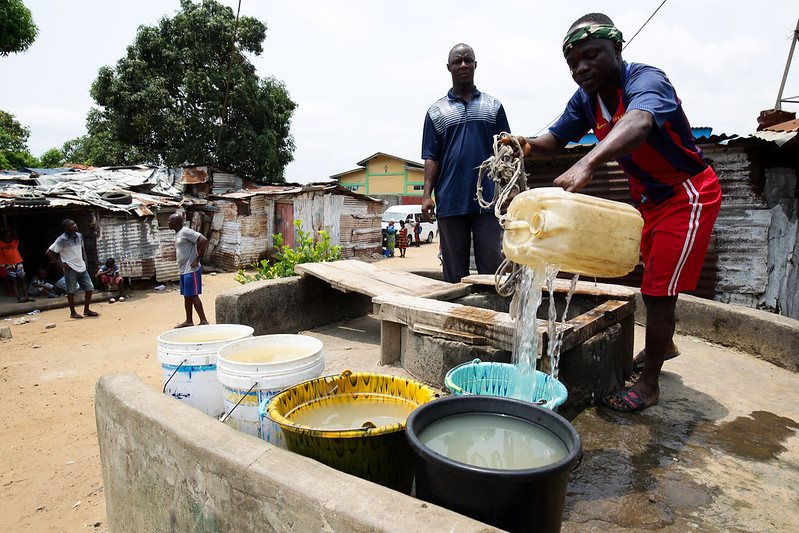
Training on water management
A second training on Water Provision and Management, supported by Comic Relief, is taking place in March 2021. The course objectives include discussing the concepts of infrastructure and assessments and linking drinking water infrastructure provision with health, poverty alleviation and local development.
Specific to the Liberian context, participants will also discuss decentralization and governance, including key actors and institutional arrangements of the water sector. After completing the course, participants should have an improved capacity to deliver and manage drinking water services to the communities of Greater Monrovia.
About IHS
IHS is the International Institute for Urban Management of the Erasmus University Rotterdam. The first knowledge institution to join the Cities Alliance in 2015, IHS is seeking to engage in and contribute to the global debate on cities and improve the type and impact of services it provides by working in partnership with other Cities Alliance members. The institute also brings its expertise on capacity building to the Cities Alliance, furthering the discussion on the most effective approaches to building capacities to make cities work. To find out more about IHS and its services, please visit its website.



